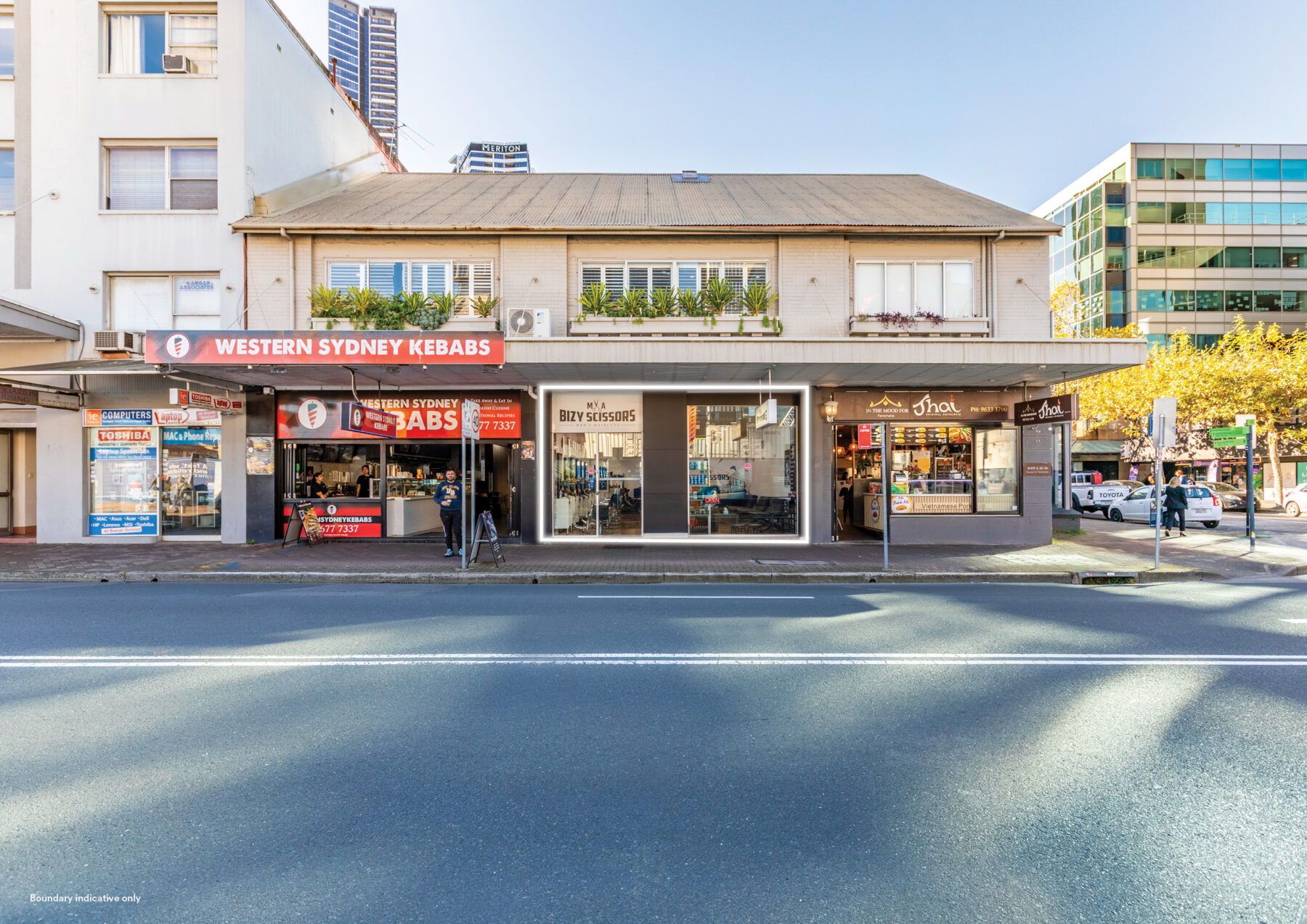The collapse and resurrection of Jeanswest is a great example of the risks that landlords carry.
Notwithstanding that a lease agreement is in place between a landlord and tenant, landlords', who often stump up substantial fitout costs and lease incentives, carrying a far greater risk to tenant performance than most investors realize – particularly Shopping Centre owners.
When trading conditions are tough, it would seem that the process of appointing an administrator to walk away from leases on poor performing stores, retaining the better ones (perhaps on lower rents) and awaiting an offer from a related party is way to easy for those in control of major chains.
As we have already seen in recent months, not all tenants make it out the other side of the process, placing even greater risks in the lease deal on the landlord.
Landlords seek to defray some of the risk by seeking 3 to 6 month's rent in the form of a bank guarantee and in some rare cases via personal guarantees from directors, however these are rarely successful in offsetting the full risks.
Jeanswest, which collapsed last month under the ownership of Howsea Pty Ltd, has been sold to one of its former shareholders Harbour Guidance Pty Ltd, a Hong Kong company effectively owned by Chun Fan Yeung and his family. Mr Yeung was a minority shareholder in Howsea Ltd, which bought Jeanswest in 2017 in a related party deal for $41 million from publicly listed Glorious Sun Enterprises. At the time, Mr Yeung was also a major shareholder and director of Glorious Sun.
The recent sale includes up to 106 stores – about 40 of the original 146 stores have been or will be closed – and is conditional on landlords agreeing to revised lease terms. If landlords come to the party, the deal is expected to be completed in mid-March.
The company owed about $50 million to about 1200 creditors, including $20 million to related parties, $11 million to secured creditor HSBC, $8 million to trade creditors, $2.6 million (before redundancy entitlements) to staff and $2 million to landlords.
Whilst we are yet to hear of the terms of the acquisition by Harbour Guidance Pty Ltd, it would seem that the business will be resurrected with a balance sheet which is $40m lighter and with fewer, but more profitable stores.
Assuming the Landlords agree to new terms, it seems that Harbour Guidance Pty Ltd will avoid a loss unlike SCentre, Vicinity, Lend Lease, AMP Capital and all of the other creditors in the line up.



